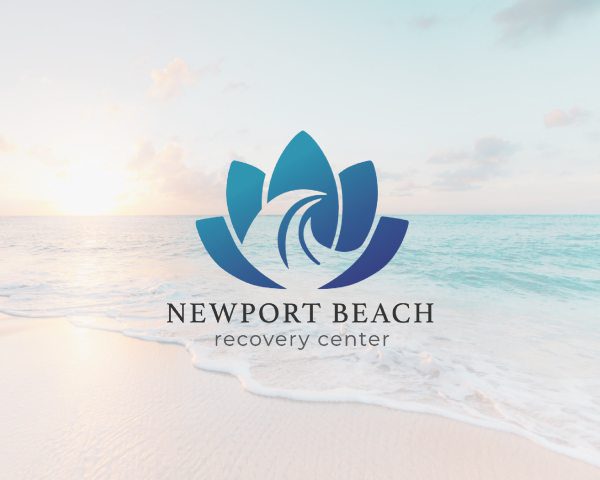How Does Gender-Specific Care Relate to Addiction Recovery?
Gender-specific care is a valuable part of treatment for all clients, especially for individuals who identify as LGBTQIA+. Addictive behaviors often have motivations and underlying causes that statistically differ based on several factors, including age and gender. According to the previously mentioned research published by NIDA, “Women are more likely to seek treatment for dependence on sedatives such as anti-anxiety and sleep medications.†In addition, “They typically enter substance use disorder treatment with more severe medical, behavioral, psychological, and social problems.†In contrast, men are more likely to be diagnosed with SUD related to alcohol, marijuana, and pain relievers.
Gender-specific care targets the side effects, symptoms, and possible causes of SUD experienced by specific clients. In most cases, the differences in motivation and risk factors for men and women require tailored treatments. Our dedicated team of experts uses gender-focused therapy to ensure men and women have an opportunity to explore various aspects of their recovery and rehabilitation that might not be accessible in co-ed-only groups. We want to give clients every resource possible to help them grow and heal.
Treatment Differences Between Genders
Treatment can differ slightly between genders due to typical issues faced by each group. In addition, many individuals in recovery feel more comfortable discussing sensitive topics with others who can relate to their personal experiences. Men and women may have difficulty interacting with the opposite gender due to trauma or stigmas associated with certain sensitive topics.
Some of the benefits include:
- People often feel more comfortable being vulnerable in same-sex groups
- The subjects covered in gender-specific therapy are more relevant to the participants
- Gender-focused treatment can provide more significant relief and improve symptom management
The treatments we use will depend on the client’s relationship with SUD and any co-occurring conditions. The care team at Newport Beach Recovery Center collaborates with each client to ensure they join the therapy groups that best address their symptoms and recovery goals.
Feeling Comfortable Discussing Sensitive Topics
Some topics are more sensitive, and clients may not feel comfortable disclosing details about them during co-ed therapy sessions. Rehabilitation programs are often short-term, and gender-specific care is an excellent way to make noticeable progress within a limited time frame. Clients who feel accepted and understood in a recovery community are more likely to actively participate in group therapy and activities.
Gender-specific care can empower people to be more vulnerable and improve the following:
- Self-confidence
- Self-esteem
- Self-efficacy
- Accountability
- Honest communication
- Peer encouragement
- Social skills
Group therapy allows clients to share their thoughts, feelings, successes, and worries without judgment. We have created a family-like environment where everyone can feel confident communicating their needs and preferences. We believe that clients should be able to choose what direction their treatment takes because their inner strength and motivation will determine how effectively they can use the tools we provide.
The Science Behind Gender-Specific Care
In recent years, gender-specific care has become more prevalent in mental health, medical, and substance misuse treatment centers. Research has shown that it works effectively with vulnerable populations. In addition to providing valuable skill development to men and women in recovery, gender-focused therapy also ensures that transgender, non-binary, and other people who identify as LGBTQIA+ can have gender-affirming care during rehabilitation.
Science has proven that each gender often benefits from unique approaches to treatment. According to the Substance Abuse and Mental Health Services Administration (SAMHSA), “National data consistently shows that gender is an important factor to consider when examining patterns of substance abuse.” The differences between genders “may help inform the design of prevention, outreach, and treatment services for specific gender and age groups.” We use comprehensive assessments to determine which treatment options will benefit each client.
Aftercare and Gender-Specific Referrals
Men and women can benefit from different aftercare resources. Newport Beach Recovery Center provides referrals to every relevant service, program, and advocacy group that can assist clients in maintaining sobriety and healthy behaviors. A few ways we tailor aftercare to specific needs include:
- Providing information on gender-specific support and self-help groups
- Referring clients to doctor and therapist offices that specialize in gender-specific care
- Assisting clients in locating and applying for gender-specific local, state, and federal resources
- Providing details on gender-affirming resources for individuals who identify as LGBTQIA+
Gender-specific care allows individuals to engage with others who share similar life experiences. Being comfortable with peers in recovery can make opening up during discussions about vulnerable subjects easier, enhancing the effectiveness of group therapy and community activities. We understand that you might feel safer interacting with peers who have similar motivations and goals. Statistically, each gender has different risk factors and certain treatments that work best for them. We use a comprehensive admissions assessment to determine which groups you would most benefit from joining during rehabilitation. Ultimately, it is up to you to decide which groups you will feel most comfortable participating joining. Newport Beach Recovery Center accommodates and celebrates diversity. Individuals who identify as LGBTQIA+ can choose which gender-focused group to join. Find out more about our services and programs by calling our office today at (855) 316-8740.


